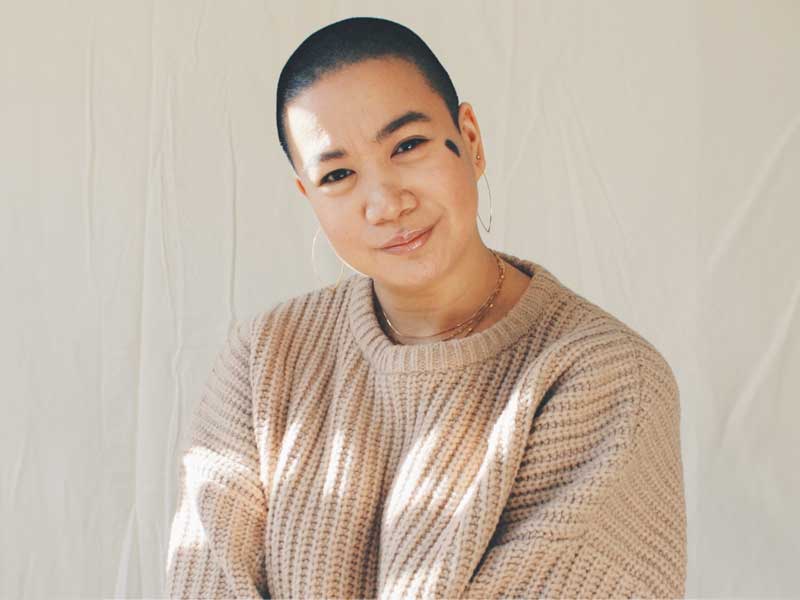June 16, 2023 – Kamila Sediego used to be skeptical about phenomena regarding the engkanto.
Derived from the Spanish word encanto, which means charm, engkanto is a Tagalog term that collectively refers to mythical creatures and supernatural beings told in Filipino legends.
The Vancouver playwright admits knowing little about these enchanted spirits until she started talking in earnest about the subject with her parents, who are originally from the Philippines.
“Even though I grew up in Canada and my parents weren’t always forthright with those stories and folklore, I still heard of them and knew of them,” Sediego recalls.
When she was taking up her bachelor’s of fine arts degree in creative writing at UBC, Sediego had an idea of writing about a young woman who finds out that her father is a supernatural being.
“It was a fun exercise to work on at the time, but it never moved past that class,” Sediego relates in a written interview.
Sediego is currently working on the concept with Engkanto, her play-in-development and project as an associate with the Playwrights Theatre Centre.
“I’m happy that it’s here now in a way that’s more culturally relevant to me at this time in my life.”
Audiences will get a chance to catch glimpses of and offer their take about the work in progress with Unscripted: Engkanto, which will be presented by PTC on June 16, 2023 starting at 7 p.m. at its Vancouver home at Progress Lab 1422 (1422 William Street).
From skeptical, Sediego says she is now “convinced” about the engkanto.
“Over the course of my research, interviewing lots of people, and the creation and development of this play, I now believe in engkantos and spirits,” she says.
“The world is not confined to what we can physically see or touch or hear. The spirits of the lands, the spirits of our ancestors, they are all still here with us.”
Sediego first visit to the Philippines happened when she was two years old, and she returned when she was 27.
Earlier this year, the 32-year-old artist made her third trip to her parents’ native country for her research on Engkanto.
In that visit, she got to see the place where her mother’s childhood home home used to stand in the province of Iloilo.
“Some of the elders there knew her as a little girl, so that was both illuminating and fun to get to picture my mom as a child. I spoke to many of them about their own experiences with engkanto and the supernatural,” she recounts.
Among the people she talked to were relatives who were “witnesses and participants to all the events that occurred all those years ago”.
As to what an engkanto may look like, Sediego says that based on her research and understanding, these creatures are “typically described as beautiful, human-like beings”.
“They are lost souls, who may have been humans before.”
Sediego explains that the traditional belief in the engkanto was a way for Filipinos to make connections with nature, because many of these supernatural creatures are land or water spirits protecting the environment.
These Philippines myths have survived, and Sediego notes their strong appeal, which is shared by Filipinos like her in immigrant communities.
“I find it super interesting how Filipino culture continues to hold on and simultaneously morph with these ideas and stories alongside all the things like colonialism, Catholicism, and westernization.”
With Unscripted: Engkanto, Sediego promises “both a reverent and joyous experience”.
“I hope that guests are inspired to think about the lands and spirits they and their families have come from, and to feel reconnected to what has come along with them on their journeys and diasporic migrations to the here and now, and what will continue in their futures.”
Sediego anticipates finishing the full work on Engkanto and presenting a reading of the play by the end of her term as PTC associate in 2024.
“Of course I’d love to have it eventually produced and shared even further.”
By Carlito Pablo
